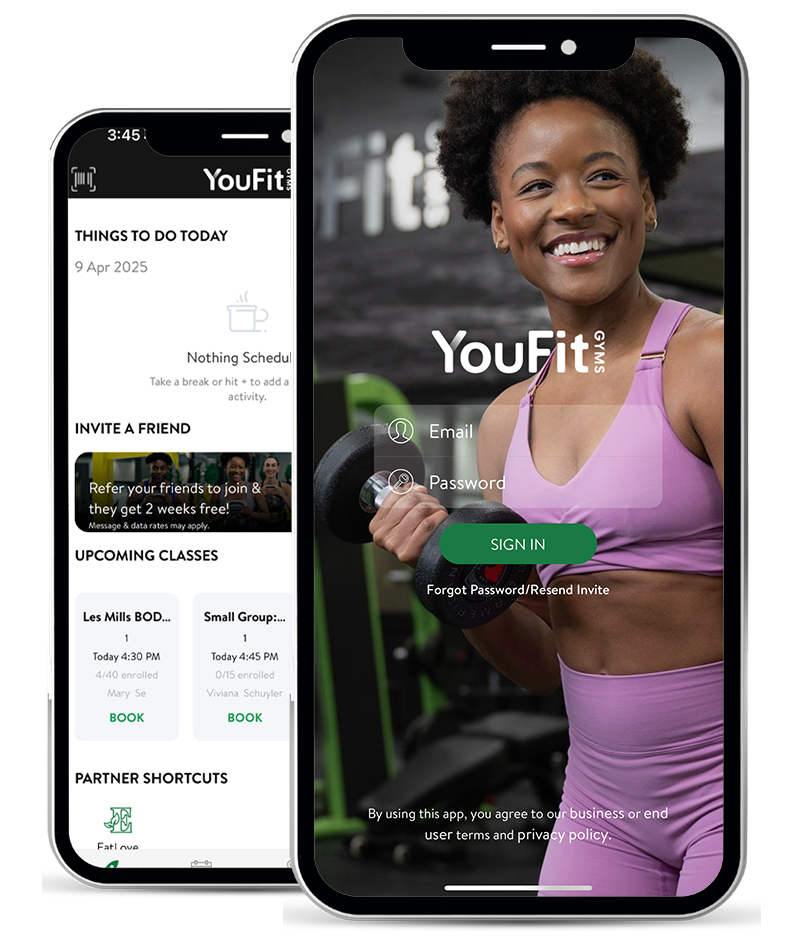Water, the elixir of life, plays a crucial role in maintaining our overall health and well-being. It becomes even more critical when it comes to fitness.
Whether you’re a casual jogger or a seasoned athlete, understanding your hydration needs and adapting them to your fitness level is key to optimizing performance, preventing injuries, and staying healthy.
In this comprehensive guide, we’ll explore the importance of hydration for different levels of fitness, offering practical tips and insights to stay on target and ensure you’re adequately fueled for success.
Why Hydration Matters in Fitness
Water constitutes about 60% of our body weight and plays a vital role in numerous physiological functions, including:
- Regulating body temperature
- Transporting nutrients and oxygen to cells
- Lubricating joints
- Flushing out waste products
During physical activity, we lose water through sweat, and if not replenished, it can lead to dehydration. Dehydration can impair performance, cause fatigue, muscle cramps, dizziness, and even heatstroke in extreme cases.
Hydration Needs for Different Fitness Levels
The amount of water you need depends on various factors, including your fitness level, intensity and duration of exercise, environmental conditions, and individual sweat rate.
1. Sedentary to Lightly Active Individuals
Even if you’re not hitting the gym regularly, staying hydrated is crucial for overall health. The general recommendation for sedentary to lightly active individuals is to drink about 8 glasses of water per day (about 2 liters). However, this can vary depending on factors like climate, body size, and medical conditions.
Tips:
- Carry a water bottle with you and sip on it throughout the day.
- Include water-rich fruits and vegetables in your diet.
- Monitor urine color; pale yellow indicates good hydration, while dark yellow suggests you need to drink more.
2. Moderately Active Individuals
If you engage in moderate-intensity activities like brisk walking, cycling, or dancing for 30-60 minutes most days, you’ll need to increase your water intake to compensate for fluid loss through sweat.
Tips:
- Drink about 16 ounces of water before exercise.
- During exercise, aim to drink 7-10 ounces every 10-20 minutes.
- After exercise, drink 16-24 ounces of water for every pound of body weight lost.
- Consider a sports drink with electrolytes if you’re exercising for more than an hour or in hot weather.
3. Highly Active Individuals and Athletes
For those who participate in intense workouts or endurance activities, proper hydration is paramount to maintain performance and prevent heat-related illnesses.
Tips:
- Consult a sports dietitian or healthcare professional to develop a personalized hydration plan.
- Start hydrating well before exercise, aiming for 16-24 ounces of water a few hours before.
- During exercise, drink 7-10 ounces every 10-20 minutes, adjusting based on your sweat rate.
- Weigh yourself before and after exercise to estimate fluid loss and replenish accordingly.
- Consider electrolyte supplements or sports drinks during prolonged or intense workouts.
- Monitor your urine color and pay attention to thirst cues.
Additional Factors Affecting Hydration Needs
- Climate: Hot and humid weather increases sweat rate and fluid loss, necessitating higher water intake.
- Altitude: High altitudes can lead to increased fluid loss through respiration and urination, requiring additional hydration.
- Pregnancy and breastfeeding: Women who are pregnant or breastfeeding have increased fluid needs.
- Medical conditions: Certain medical conditions, such as diabetes or kidney disease, may affect hydration needs. Consult your doctor for personalized advice.
Signs of Dehydration
Recognizing the signs of dehydration is crucial to take corrective measures and prevent complications.
Early Signs
- Thirst
- Dry mouth
- Decreased urine output
- Dark yellow urine
- Fatigue
- Headache
- Dizziness
Late Signs
- Rapid heartbeat
- Rapid breathing
- Sunken eyes
- Confusion
- Delirium
- Unconsciousness
If you experience any of these symptoms, stop exercising, move to a cool place, and rehydrate slowly with water or a sports drink. Seek medical attention if symptoms persist or worsen.
Sign up for your free three-day pass today!
Hydration is a cornerstone of optimal health and fitness. Understanding your individual hydration needs and adapting them to your fitness level is essential to unlock your full potential, prevent injuries, and stay healthy. Remember, water is your best friend when it comes to fitness.
Drink up, stay hydrated, and achieve your fitness goals!










